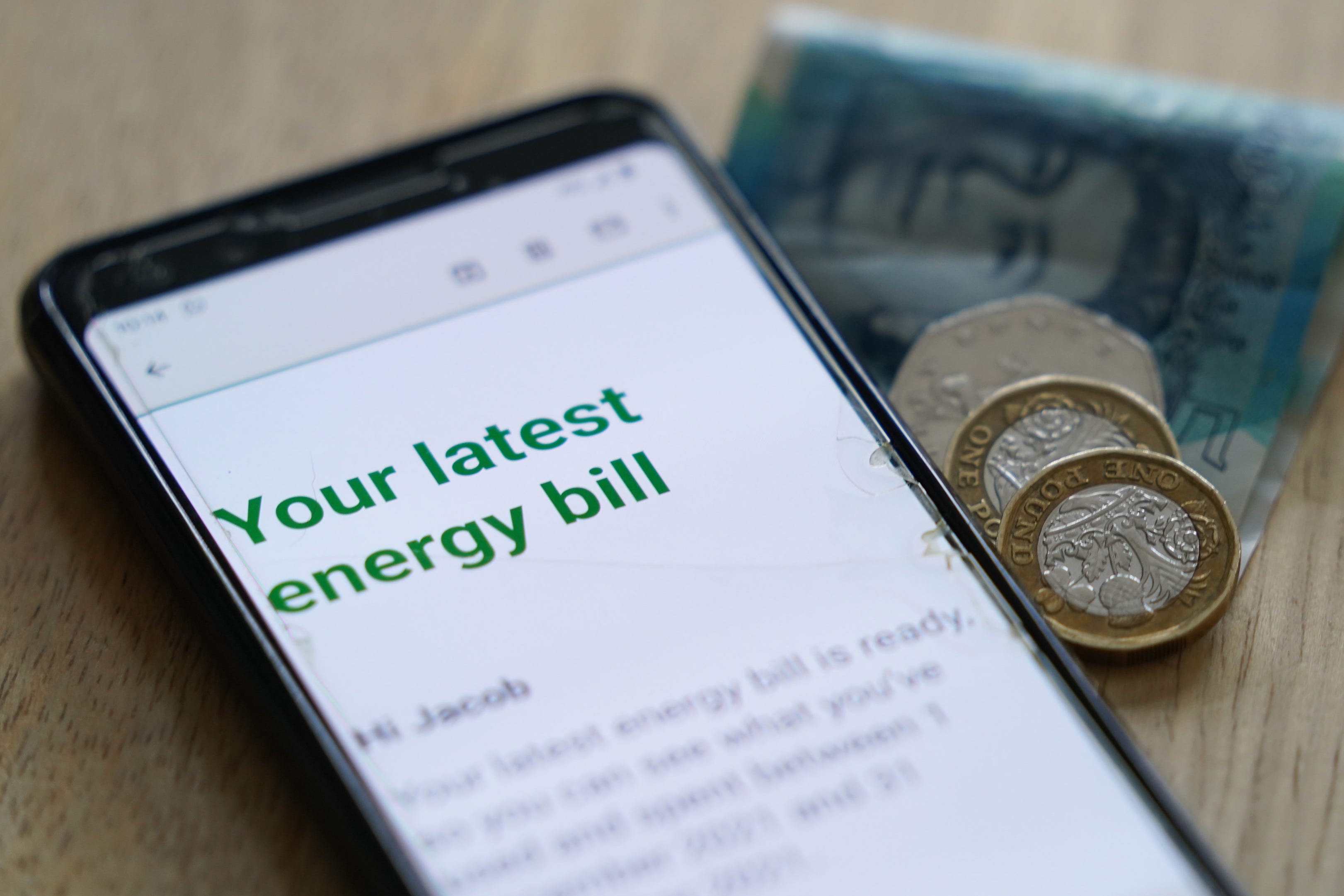
A common thermostat mistake could cause households to see their energy bills double this winter, as families face rising heating and electricity costs.
Many people have sought the advice of experts to relieve the mounting pressure of the cost of living crisis, with one heating specialist urging homeowners to adjust their thermostat usage to save money.
Turning up the thermostat is widely misconceived to heat homes more quickly, with one expert warning that it doesn’t control heating speed, only the final temperature the house will reach.
Therefore by setting the temperature too high, it wastes energy unnecessarily and can lead to higher bills.
The poll for National Debtline found 45% of people are heading into the winter period worried about their finances, with one in four reporting this is having a negative effect on their health and one in five (22%) saying they are regularly losing sleep over money concerns.

Around 12 per cent of those surveyed said they are planning to cut back on baths and showers to help them afford rising energy costs.
Stephen Day, director at iHeat, “Lowering your thermostat by just 1°C can reduce your energy bills by up to 10%,” says Day. “Using a timer ensures you’re only heating your home when it’s needed, which is particularly effective if you’re out during the day.
“Combining these strategies, such as setting the thermostat to 18–20°C and programming it to come on 30 minutes before you wake, can help you stay warm efficiently.”
Other simple tricks to save money over the winter period include avoid drying clothes on radiators, and to instead place a drying rack near a heat source.
Experts have warned homeowners to check the efficiency of their appliances, “Each of your home appliances should be checked to ensure they’re operating with the most efficiency, and therefore saving you as much money on your energy bills as possible,” advises Middleton.
This includes everything from the limescale in kettles to the position of your refrigerator.
“Things like limescale inside of kettles can impact how efficiently your appliances are working and can be responsible for small, but consistent, upticks in your energy costs – so be sure to clean out your kettle regularly and do your laundry in larger, less-frequent loads,” recommends Stuart Middleton, consumer energy expert at So Energy.







